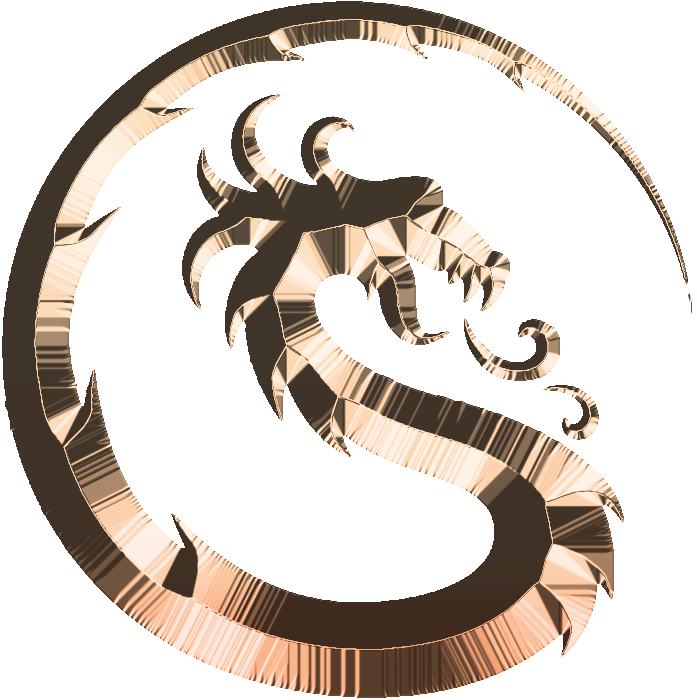I loved the season premiere of Vikings on History last week. But after the episode, I began thinking: Has Vikings started to mirror Norse Mythology?
 |
| How close is Ragnar to his own Ragnarok? |
For anyone who’s seen the show, Vikings often makes reference to Norse Mythology, which was a primary religion for Scandinavians before their conversion to Christianity. Still, in Vikings’ first two seasons, there was little direct connection to the Norse myths, outside the fact that all the Viking characters worshiped the Norse gods. But that started to change in episode 2 of Season 3, titled “The Wanderer,” when a mysterious storyteller name Harbard arrives at Kattegat.
 |
| I’m fairly certain Odin came to Kattegat. |
Harbard soon displays mystical powers by healing Aslaug’s son Ivar and predicting Siggy’s death (which, one can argue, he helped bring about). He even seduces Aslaug, and ultimately leaves Kattegat by vanishing in the wind. I think it’s strongly implied that Harbard was an incarnation of Odin, the father of the gods, who in Norse mythology frequently traveled to Midgard, took the form of a wanderer, and bed mortal women. In fact, according to Wikipedia, “Harbard” is one of the 200 names for Odin in the Old Norse Prose Edda. So, as far as I’m concerned, the case is closed – Harbard was Odin, which means on Vikings, the Norse gods are real.
 |
| Valhalla is not quite the Judeo-Christian Heaven. |
Then we get the prologue to last week’s episode when Ragnar, on his apparent deathbed, is walking toward the gateway to the afterlife. These aren’t the pearly gates of a Christian Heaven with Saint Peter waiting by the doors. Rather, these were the golden gates of Valhalla, Odin’s mead hall where the slain Norse warriors drink and brawl until the end of time. And based on the laughter and revelry coming from those gates, the dead in Valhalla are having a damn good time!
And finally, we get the scenes involving Floki. Now, I always assumed it was no coincidence that his name sounds like Loki, the trickster god of Norse mythology. Floki has always been a religious zealot (in a pagan sort of way), and to say he’s conniving, like his namesake, is no understatement. Yet it hit me last episode that Floki’s story arch this season may be mirroring Loki’s mythos.
 |
| Is Floki becoming Loki? |
In Norse mythology, Loki engineers the death of Baldur, one of the most beloved of the gods. When the rest of the gods discover this, they hunt down Loki and bind him in chains. Even more, they imprison him in a cave where a serpent torments him night and day by dripping venom into Loki’s eyes. Only Loki’s faithful wife Sigyn, who protects her husband by gathering some of the venom in a bowl before it hits his eyes, saves Loki from constant pain. Eventually, however, Loki breaks free of his bonds and brings about Ragnarok, the apocalyptic battle that results in the deaths of the Norse gods.
 |
| Was Athelstan the “Baldur” of History’s Vikings? |
Likewise, last season, Floki killed the priest Athelstan, Ragnar’s beloved friend and the man who told the Northmen about the riches of Paris. Last episode, when Bjorn exposes this crime, Floki is bound in chains by the Northmen, with only his faithful wife Helga to save him for torment at the hands of the villagers and their cruel children. In my view, this is too similar to Loki’s story to be mere coincidence. So, if mythology is now the guide, will Floki bring about his own version of Ragnarok before the show ends?
Regardless of my suspicions, Season 4 of Vikings looks like it may be the series’ best season yet. But what do you think – is History’s Vikings mirroring Norse mythology?
* Images courtesy of History.

Bill
February 24, 2016 - 11:35 am ·Great insight, Joe. I agree the gates which closed on Ragnar were obviously to Valhalla.
But, shouldn't Harbard have sported an eye patch and a raven? Or, were those just associated with one of Odin's incarnations?
Joseph Finley
February 25, 2016 - 7:38 am ·I bet Odin can take whatever shape he wants and leave the ravens at home. If you're interested, Mike Vasich wrote a great novel called "Loki." The Norse gods, including Odin, are characters in a retelling of the classic Norse myths in a novel format. Here's a link to my review for way back when. http://fresh-scrapedvellum.blogspot.com/2012/11/loki.html